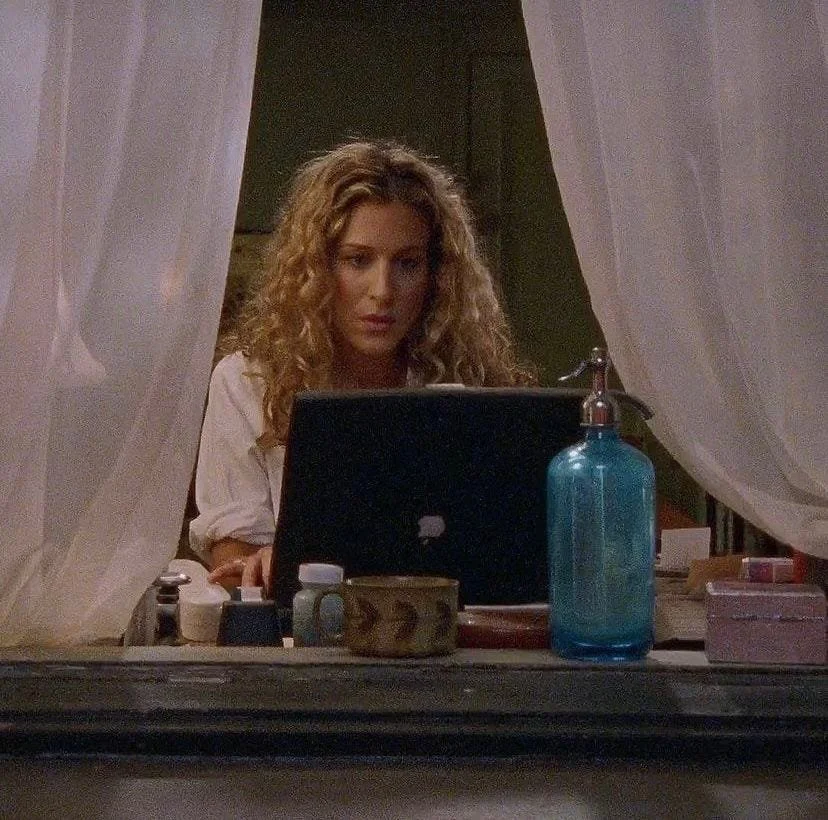The Problem with “Should-ing”
How often do you find yourself saying the word “should”?
“I should really finish this project.”
“I shouldn’t have said that,”
“I should do that favor for my friend.”
As Carrie Bradshaw put it, “why are we ‘should-ing’ all over ourselves?” Now that I think of it, the SATC writers probably borrowed this from Albert Ellis, founder of Rational Emotive Behavior Therapy…. but using a TV show to explain a therapy concept is fun. Though some critics might balk at her pun, I appreciate this quote because I've noticed that it is exactly what we are doing in most of the instances that we use this word (“it” being sh**ting on ourselves, vulgar as it may sound). The use of “should” somehow adds a layer of guilt and shame for doing, or not doing, something. We blame ourselves and feel shame, instead of taking responsibility and moving forward.
For example, imagine you are feeling more irritable or mopey than usual because you enjoy regular exercise but you haven’t exercised this week… you might say, “I really should work out tomorrow,” which somehow has you feeling crappy about it before tomorrow is even here, and thus possibly feeding into a self fulfilling prophecy. OR, you can say “I want to move my body tomorrow because it will help my mood and energy.”
Sure, perhaps you’re still “should-ing” in the back of your mind. But, over time, consistent use of “want” and “need” will help shift your mindset and lead you to take responsibility for your actions, rather than look towards some external force (the role we’re hoping guilt and shame will take, but know they never do!).
If you replace exercise with therapy in the example, it still works, of course; we go to therapy because we have decided we need to for our health, not because the “should” demon is telling us to. In practice, when someone uses this word, it can be effective to ask. “who says you should/shouldn’t?” In the therapeutic process, bringing this question to light opens the door to reframing the “shoulds” and “shouldn’ts” we impose on ourselves.
Here’s a true personal example:
I was procrastinating writing this blog. Every time I used the S word, I felt shame and then said something to the effect of “yeah, yeah, I’ll get to it.” Tonight, however, I said to myself, “I’d really like to get this blog going so people can read it, so I’m going to start writing my first post.” And here we are. Is it my finest piece of writing? Maybe not. Am I making a solid point about how words matter, and the more specific we are (which often equates to acting nicer toward ourselves), the better equipped we may be to handle ourselves? I think so! But do let me know - I'm always open to feedback.
Key takeaway: The word “should” gives power to some external- and non existent- arbiter of our choices. But we are the arbiters of our choices and actions, and it can be quite empowering to own this. I am by no means saying we *should* throw this word in the garbage, or punish ourselves for using it. We are going to say it from time to time, and that's okay. I merely wish to encourage myself and others to be aware of how the words we use impact the way we think, feel, and subsequently act.

